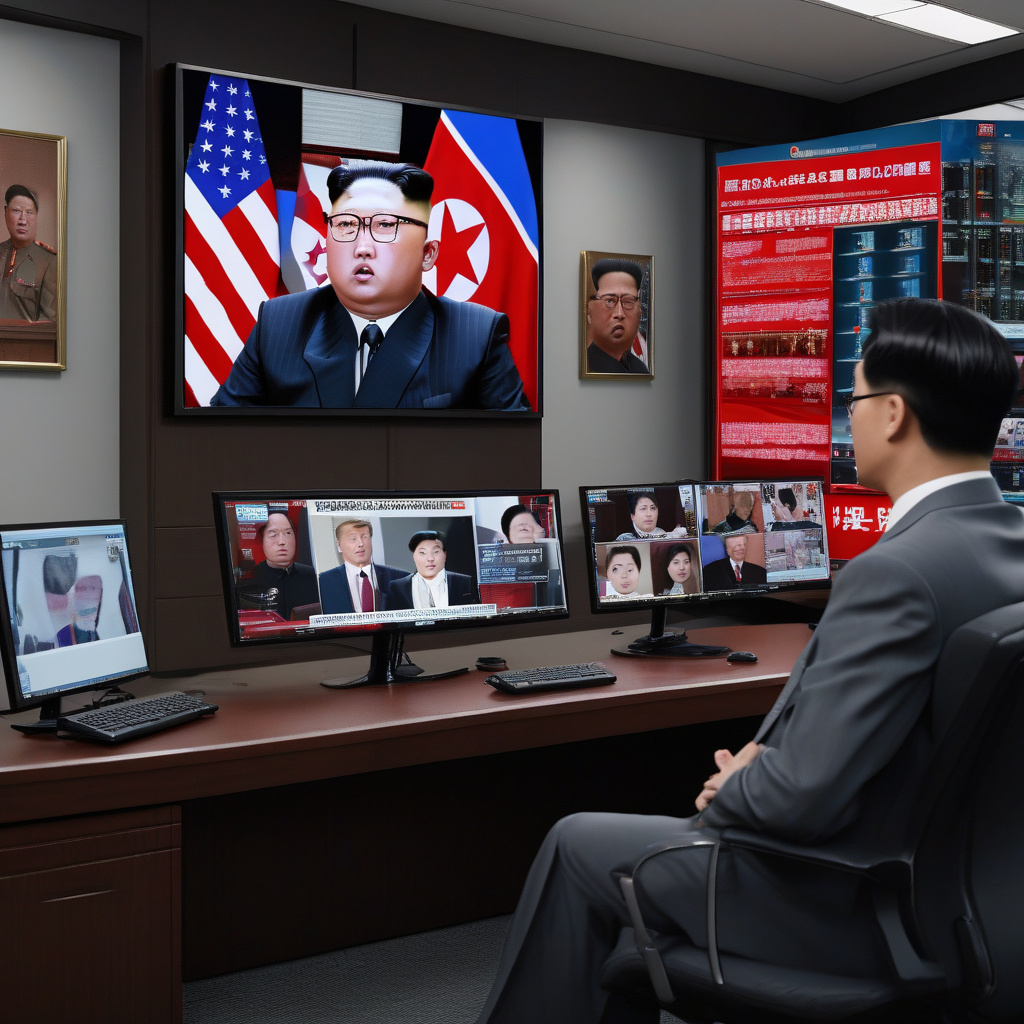Title: The Rise of Deepfakes: A New Threat in IT Job Interviews
In the ever-evolving landscape of cybersecurity threats, a new tactic has emerged that has sent ripples of concern through the IT industry. Recent reports reveal that North Korean operatives are utilizing deepfake technology to manipulate job interviews, posing a significant risk to Western organizations.
The use of synthetic identities by malicious employment candidates is yet another way state-sponsored actors are trying to game the hiring process and infiltrate Western organizations. Deepfakes, which involve the use of artificial intelligence to create highly realistic but entirely fabricated images and videos, are being leveraged to deceive hiring managers and gain access to sensitive information.
Imagine a scenario where a seemingly qualified candidate with an impressive resume and glowing recommendations turns out to be a meticulously crafted deepfake. By leveraging this technology, threat actors can bypass traditional security measures and establish a foothold within organizations, opening the door to a myriad of potential cyber threats.
The implications of this nefarious use of deepfakes in IT job interviews are profound. Not only does it undermine the integrity of the hiring process, but it also poses a significant security risk to organizations that unwittingly welcome these malicious actors into their ranks. With access to sensitive data and systems, these infiltrators can wreak havoc from the inside, leading to data breaches, intellectual property theft, and other cyber incidents.
To combat this growing threat, organizations must adopt a multi-faceted approach to vetting potential employees. Beyond traditional background checks and reference verifications, incorporating advanced technologies such as facial recognition software and deepfake detection tools can help identify synthetic identities and prevent malicious actors from gaining entry.
Moreover, raising awareness among hiring managers and HR professionals about the existence and potential impact of deepfakes in job interviews is crucial. By providing training on how to spot inconsistencies and irregularities that may indicate a deepfake, organizations can fortify their defenses against this insidious threat.
In the realm of cybersecurity, staying one step ahead of adversaries is paramount. As North Korean operatives and other threat actors continue to innovate and adapt their tactics, the onus is on organizations to bolster their defenses and remain vigilant against emerging threats like deepfake manipulation in IT job interviews.
In conclusion, the use of deepfakes by state-sponsored actors to infiltrate Western organizations through IT job interviews represents a concerning development in the cybersecurity landscape. By understanding the risks posed by synthetic identities and taking proactive measures to detect and prevent their use, organizations can safeguard themselves against this emerging threat and protect their valuable assets from malicious actors.

